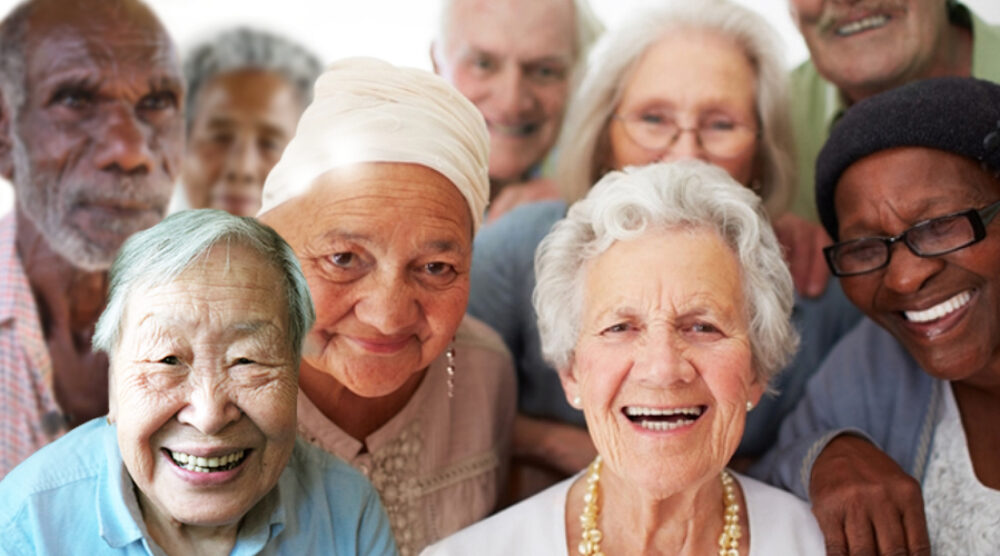Diversity characteristics such as culture, sexual orientation, and social situation potentially impact on the participation of older individuals in their healthcare. Older people typically have complex needs, with an array of intersecting diversity characteristics. An awareness of diversity characteristics and their potential to impact on older people’s access to health and aged care by professionals through training is important. Australia is a diverse country. As the population ages, it’s important that everyone has fair and equal access to aged care.
In December 2012 the Australian Government released the first National LGBTI Ageing and Aged Care Strategy which was the first of its kind in the world. In 2017, an Aged Care Diversity Framework was launched to ensure aged care services meet the needs of people from diverse backgrounds.
Many training programs are in place supporting staff to provide cross-cultural care for elderly residents. Equally important is the quality and effectiveness of the training.
Dr Rajna Ogrin, Adjunct Lecturer at the Department of Business Strategy and Innovation recently co-authored a paper titled “Diversity training evaluation for community aged care: Tool development” that outlines the development and initial validation of a survey using adapted Delphi methodology and distribution to 195 health and aged care professionals pre- and post-diversity training.
Dr Ogrin said, “The aim of the research is to develop an effective tool to measure the effect of diversity training on community aged care sector workforce knowledge, attitudes and motivations, and behaviours when working with older people.”
“Diversity training for health and aged care workers has the potential to help them recognise and respond to the many variable diversity characteristics among older people and how they may impact participation in healthcare. To measure whether diversity training supports the workers to do this, we need robust evaluation methods; this tool was developed to try and meet this need.”
The survey was developed to include the three main components important to evaluate such training
- Cognitive measures: the knowledge acquired from training;
- Affective measures: attitudes and motivations influenced by training; and
- Skill-based measures: behaviour change resulting from the training.
An initial pool of 31 items were developed with an expert reference group and reduced to 21 through exploratory factor analysis. From this a two-factor solution was extracted, measuring skills and attitudes of professionals relative to providing services to older people with diverse characteristics. Knowledge was not effectively captured using this method, with the researchers finding that true-false or free-recall questions being a more appropriate approach.
This tool fills a gap in the evaluation literature, providing an important first step to assess outcomes of diversity training in community aged care, however, further validation is necessary for the tool to be used more widely in the sector.






